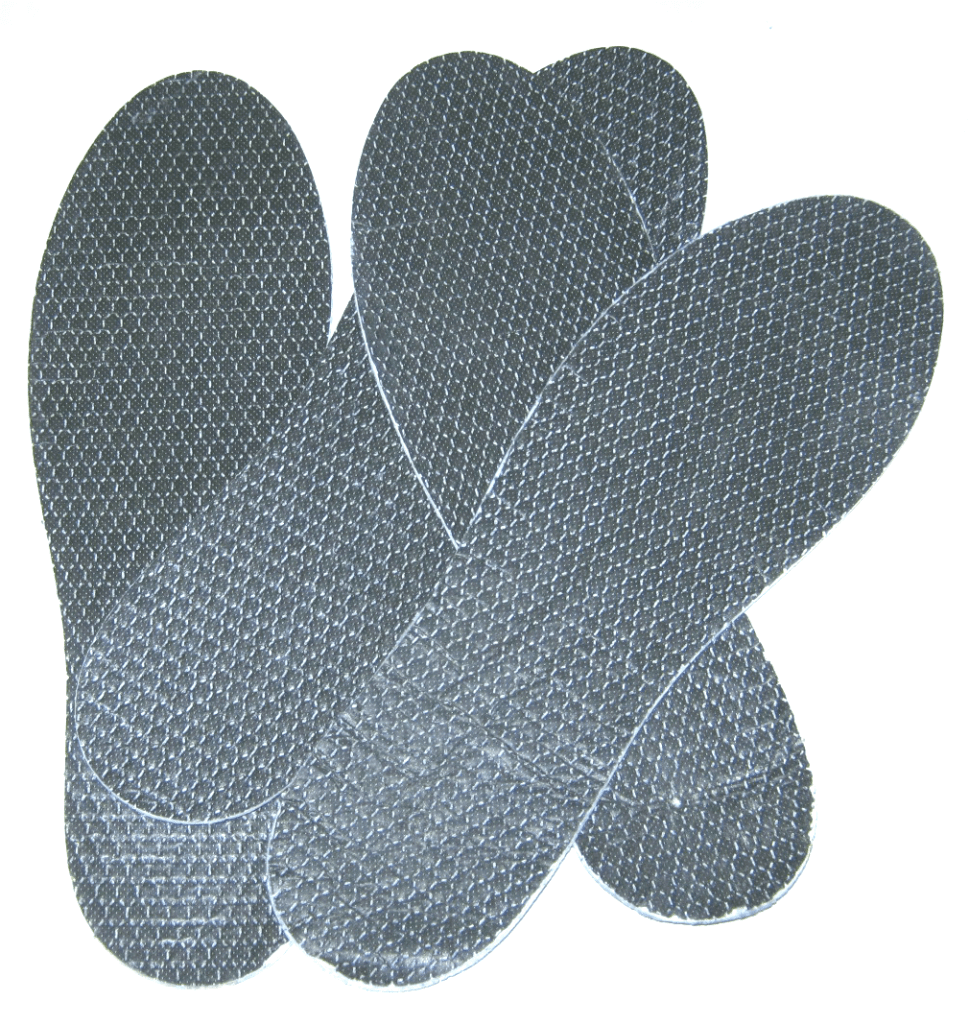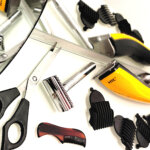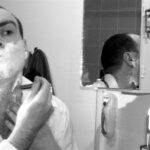Discover the causes of foot odor and how to get rid of stinky feet fast. Learn tips, treatments, and prevention methods that actually work.

When I Asked Why My Feet Stink
I’d always been one of those lucky men who’d never had a problem with foot odor. That was until I moved to another country on a whim.
Broke and unable to speak the language, I landed a job in a large 5-star hotel as a kitchen porter. For the most part, my job involved washing dishes and hosing down the floor at the start and finish of each shift.
Every evening, I’d return to the hostel, remove my plastic sneakers and socks—and the stench would knock out both me and my roommate. He spoke no English, but his gasp and groan said it all.
Leaving my shoes outside wasn’t an option, so I’d shut them in the closet. Of course, the odor clung to my clothes, which I’d spray down with deodorant before wearing—such was my cluelessness back then.
Stinky Feet Are Not Always Sweaty Feet
Whether it’s sweat from your feet or water seeping into your shoes, the odor is the same. Warm moisture creates an ideal breeding ground for your body’s own bacteria, which excrete stench while feasting on dead cells.
Foot odor differs from person to person depending on which bacteria are prevalent. Here are the main culprits:
- Brevibacterium gives off that unmistakable cheesy aroma.
- Staphylococcus epidermidis churns out isovaleric acid—the classic gym sock stench.
- Corynebacterium minutissimum has a mustier tang and thrives in damp crevices, like between the toes. Left unchecked, it can also cause skin infections.
- Propionibacterium acnes creates a sour, vinegary note and is often more pronounced with age.
- Bacillus subtilis, though less commonly discussed, also contributes to isovaleric acid production and thrives in moist environments like shoes.
The stench usually vanishes after removing footwear, whether the moisture source is sweat or a wet kitchen floor.
This is because the perspiratory glands of the feet are of the eccrine type, which produce an odorless sweat.
Apocrine glands, on the other hand, are responsible for the cloying aroma of the groin, armpits, nipples, eyelids, and ear canal if left unwashed.
Why Men’s Feet Stink More
Both sexes have up to 620 eccrine glands per square centimeter. On average, that’s 250,000 per foot. But in men, these are larger and more active. Due to testosterone, their response to heat, stress, and physical exertion is greater.
Men also have larger feet, which means more surface area, more sweat, and more room for bacteria to grow.
What If Your Feet Still Stink After Removing Footwear?
If your feet still stink after removing your shoes and socks, you could be dealing with more than just leftover bacteria. Fungal infections—like athlete’s foot—thrive in warm, moist environments.
These infections cause not only itching and peeling; they produce a distinct yeasty or sour odor that clings even after washing. But that smell isn’t just from the fungus itself—it often comes from bacteria that settle within the infected area, feeding on skin debris and interacting with the fungus to amplify the stench.
If your foot odor seems unusually persistent, it’s worth checking for signs of infection: redness, flaking skin, or a smell that defies soap. Treating the root cause—whether with antifungal creams or better hygiene—can make all the difference.

How to Get Rid of Foot Odor
If you live in fear of having to remove your shoes in public, fear no more. There are several ways of making stinky feet a thing of the past.
To show you how much I’ve learned since my days as a kitchen porter, here’s a list of what I should have done.
Foot Care
1. Wash your feet daily with an antibacterial soap, in either liquid or bar form. Look for products with tea tree oil or sulfur.
Or use a face wash for acne-prone skin containing antibacterial salicylic acid and deodorizing zinc. Follow up with a moisturizing foot cream to prevent dryness and cracking.
It’s also important to scrub your toenails—grime and bacteria collected beneath them can be another source of odor.
2. Exfoliate once a week to rid your feet of dead cells, which nourish foot bacteria. You don’t need a commercial product; a mixture of baking soda and your usual body wash will do the trick. For sensitive skin, carry out a patch test first.
3. Dry thoroughly, especially between the toes. Slipping into your shoes and socks with damp feet is asking for trouble.
For hygiene’s sake, keep an extra towel for this purpose. To save space in my bathroom and laundry hamper, I use a dry washcloth, which can be changed daily.
4. Apply a deodorizing foot cream, powder, or spray. If using a commercial product, menthol is best to fight odor and fatigue.
Other options include zinc oxide paste or a 1:1 mixture of baking soda and cornstarch, which is cheap, effective, and already in your kitchen cupboard.
For fungal infections or excessive sweating (plantar hyperhidrosis), seek the advice of a podiatrist. Antifungal sprays, powders, and deodorants like Drysol are available over-the-counter and in prescription strength.
5. Soak your feet in a bowl of one of the following:
- Black tea, which contains bacteria-killing tannins
- Diluted apple cider vinegar, which has antifungal and antibacterial properties
- A baking soda solution to neutralize odor and soften the feet—this is especially useful before a pedicure.
Footwear to Prevent Stinky Feet
6. Wear moisture-wicking socks made from merino wool, bamboo, or synthetic high-tech blends. Ditch cotton since it traps sweat and feeds odor.
7. Change your socks more than once a day if necessary. You can carry a spare pair in your laptop bag. To confine the stench of unlaundered socks, keep them in a tightly sealed plastic bag.
8. Avoid plastic shoes and sneakers. Leather and canvas breathe better and trap less sweat.
If working in a wet environment, consider rain boots.
9. If the weather permits, wear open footwear like slides or sandals for optimal airflow. This minimizes moisture and odor.
10. Insert cedarwood or activated charcoal insoles to absorb odor before it escapes your shoes.
11. Don’t wear the same shoes two days in a row. They need time to dry and air out before wearing again.
12. To remove odor from shoes, disinfect with antibacterial spray for freshness or a UV sanitizer to kill bacteria and fungi. Alternatively, sprinkle baking soda into your shoes and let it sit overnight.
There’s rarely an excuse for feet that stink. Whether they’re sweaty, infected, or just trapped in the wrong shoes, the right combination of hygiene, footwear, and smart habits can turn things around.
© 2025 J. Richardson
Related Posts
Disclaimer
The information provided by The Neat and Tidy Man (“we,” “us,” or “our”) on theneatandtidyman.com (the “site”) is for general informational purposes only. While we endeavor to keep the information up to date and correct, we make no representation or warranty of any kind, express or implied, regarding the completeness, accuracy, reliability, suitability, adequacy, validity, or availability of any information on the site. Under no circumstance shall we have any liability to you for any loss or damage of any kind incurred as a result of the use of the site or reliance on any information provided on the site. Your use of the site and your reliance on any information on the site is solely at your own risk.



